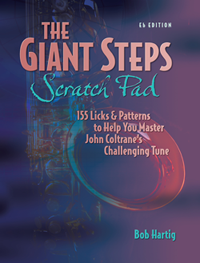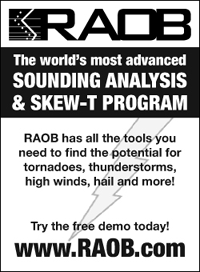UPDDATE, OCTOBER 20, 2011: I wrote the following a year-and-a-half ago in May, 2010. Since then, newer versions of MuseScore have worked out the kinks I’ve mentioned below. That the developers of this program are committed to it long-term shows in the way it continues to improve and evolve. So if you want the real score on MuseScore today, make sure you read the latest comment from Thomas Bonte, one of the developers, and my response to his comment. This product is a winner!
A bit buggy but good results, and you can’t beat the price: that pretty much sums up my experience with MuseScore, a free music notation software that I found online a few days ago.
Since this happens to be not only my first encounter with MuseScore but also with music transcription programs in general, I have nothing with which to compare this software. I much doubt that it can compete with Sibelius or Finale, but then, neither does it cost $600. You can’t get more budget-friendly than “free.” And, shortcomings aside, this software is getting the job done for me as I work on my “Giant Steps” e-book.
So what are the shortcomings whereof I speak? Here are a few that have made my notation process a bit frustrating:
* Various items that I’m supposed to be able to drag and drop, don’t.
* Text settings: I customize them, hit apply, and nothing happens. Or something happens, but it wasn’t what I ordered. Kind of like telling the waitress to bring you coffee and you wind up with a cup of tea instead.
* The instruction manual leaves out some key information. It’ll get you up and running, but sooner or later–and my money is on sooner–you’ll encounter an issue that the manual doesn’t address. At that point, it’s a matter of guesswork.
* The program is prone to shut down if you try to make it perform too fast, or what it considers to be too fast. For instance, don’t make the mistake of hitting the “undo” button multiple times very quickly.
So much for the negatives. Those aside, MuseScore is doing what I need it to do for me, and while the going is slow (which could be at least partially due to my own inexperience), I’m pleased with the results overall. Moreover, as the first open source transcription program available, the possibilities for MuseScore are expansive. As has been pointed out in another review, this program could become to Finale and Sibelius what Open Office is to Microsoft Office.
Bottom line: If your needs for music transcription software are fairly straightforward and you don’t have a gob of cash to spend on the brand-name stuff, then give MuseScore a try. The advantages of this software easily outweigh its snags, and I have to say, the results look great! MuseScore is clearly a labor of love, and I think you’ll come to value this free, useful music composition tool.

